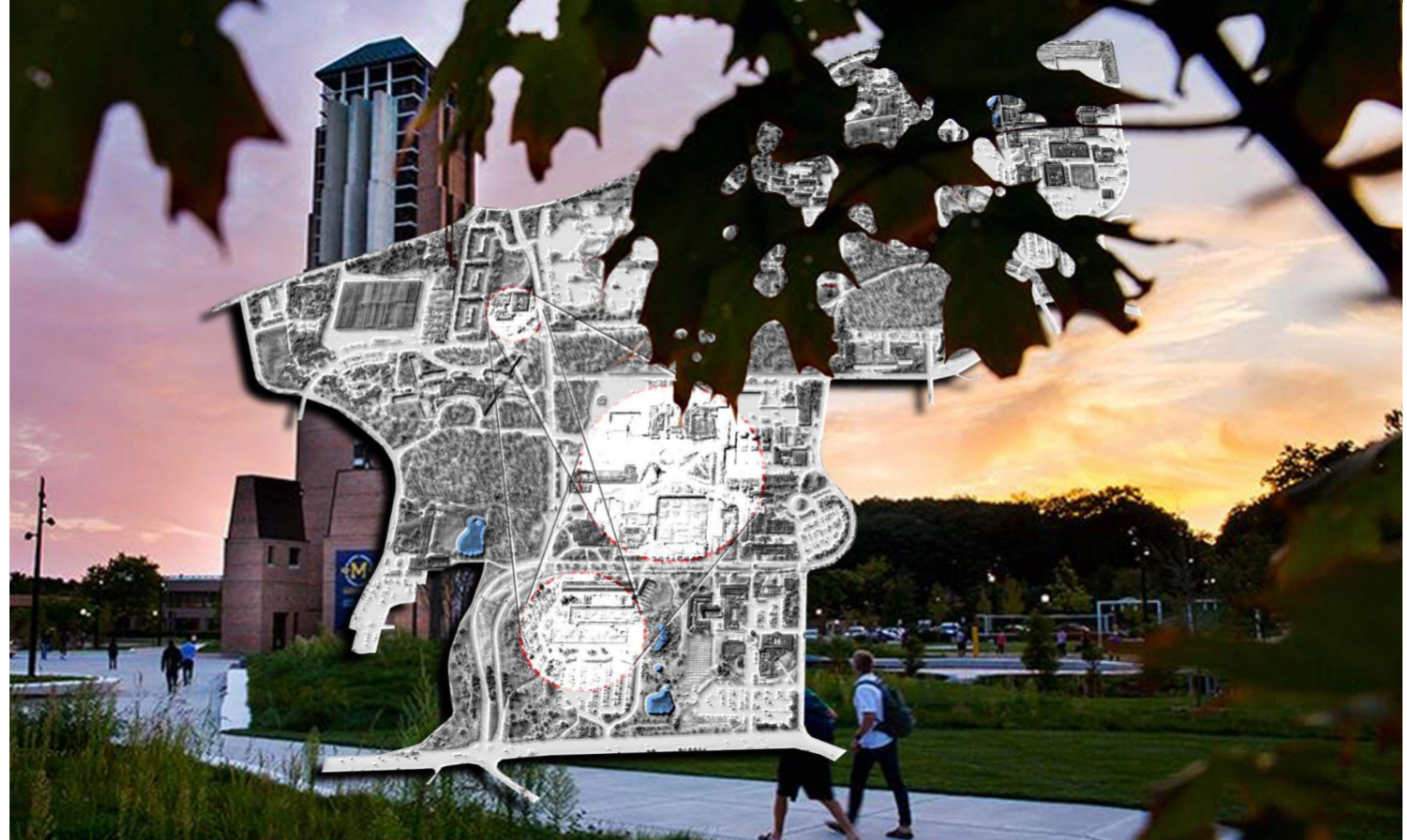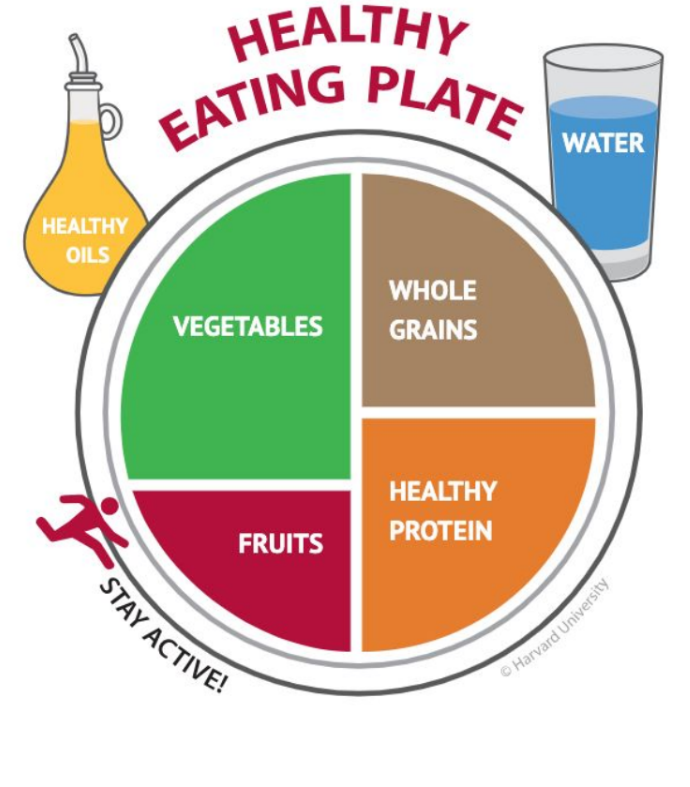︎ North End Grocer
Welcome to North End Grocer, your neighborhood grocery store on North Campus. We’re dedicated to bringing you fresh, affordable, and local ingredients that make eating well easy for students, faculty, and staff.
By Anthony Hernandez ︎


Hypothesis
Making healthy food more accessible to students could lead to a decline in obesity and depression while also boosting academic success, fostering more physical activity, and supporting the adoption of lasting healthy lifestyle choices. These changes would ultimately enhance social connections and contribute to better overall well-being.
Making healthy food more accessible to students could lead to a decline in obesity and depression while also boosting academic success, fostering more physical activity, and supporting the adoption of lasting healthy lifestyle choices. These changes would ultimately enhance social connections and contribute to better overall well-being.
- Why
During our education, we lay the groundwork for many lifelong habits, highlighting the importance of fostering healthy eating practices early on. On college campuses, obesity continues to be a pressing issue, often exacerbated by limited access to affordable, nutritious food options. By prioritizing healthier choices, institutions can not only address obesity but also support mental health, enhance student focus, and promote a culture of well-being that extends beyond graduation.
- How
Increasing the availability of healthy food on campus requires strategically positioning nutritious options in high-traffic and easily accessible areas. Additionally, integrating these options into campus dining facilities, making it convenient for students to maintain a balanced diet amidst their busy schedules
- What
Designing a grocery store within walking distance of campus. The store features a compact yet efficient layout offering fresh produce, healthy prepared meals, and affordable essentials. Including a grab-and-go section for busy schedules and a small café space for socializing or studying could make it a hub of convenience and community.
- So What
Access to nutritious meals not only enhances overall well-being but also fosters a more focused and energized student body, contributing to a positive campus environment.

The Link Between Design and Outcomes
Expanding access to fresh food provides students with the tools to make healthier food choices and understand the nutritional value of fresh produce. Learning about local farming practices also promotes sustainability awareness, encouraging more mindful consumption. Additionally, engaging in food-related activities strengthens community bonds, while these efforts collectively help instill lifelong healthy habits.

︎
Works Cited
Books:
Alkon, Alison Hope, and Julian Agyeman, eds. Cultivating Food Justice: Race, Class, and Sustainability. Cambridge, MA: MIT Press, 2011.
Clancy, Kate. Greening the College Dining Hall: Farm-to-College, Sustainability, and Resilient Agriculture. Washington, DC: Island Press, 2013.
Winne, Mark. Closing the Food Gap: Resetting the Table in the Land of Plenty. Boston: Beacon Press, 2008.
Websites and Articles:
“Healthy Eating on Campus.” Canada’s Food Guide. Accessed November 20, 2024. https://food-guide.canada.ca/en/healthy-eating-on-campus/.
Cornell University. “Campus Grocery Store: Cornell’s Anabel’s Grocery.” Accessed November 20, 2024. https://studentservices.cornell.edu/.
Duke University. “Food.” Office of Sustainable Duke. Accessed November 20, 2024. https://sustainability.duke.edu/operations/food/.
Academic Papers and Studies:
Johnson, Kendall L., and Sally B. Van Horn. "Campus-based Food Security: A Study of the Benefits of University-run Grocery Stores for Students." Journal of Public Health Nutrition 19, no. 1 (2016): 47-55.
Latham, John. "A Framework for Healthy Food Access in College Campuses." International Journal of Sustainable Development and Planning 10, no. 2 (2015): 175-184.
︎
